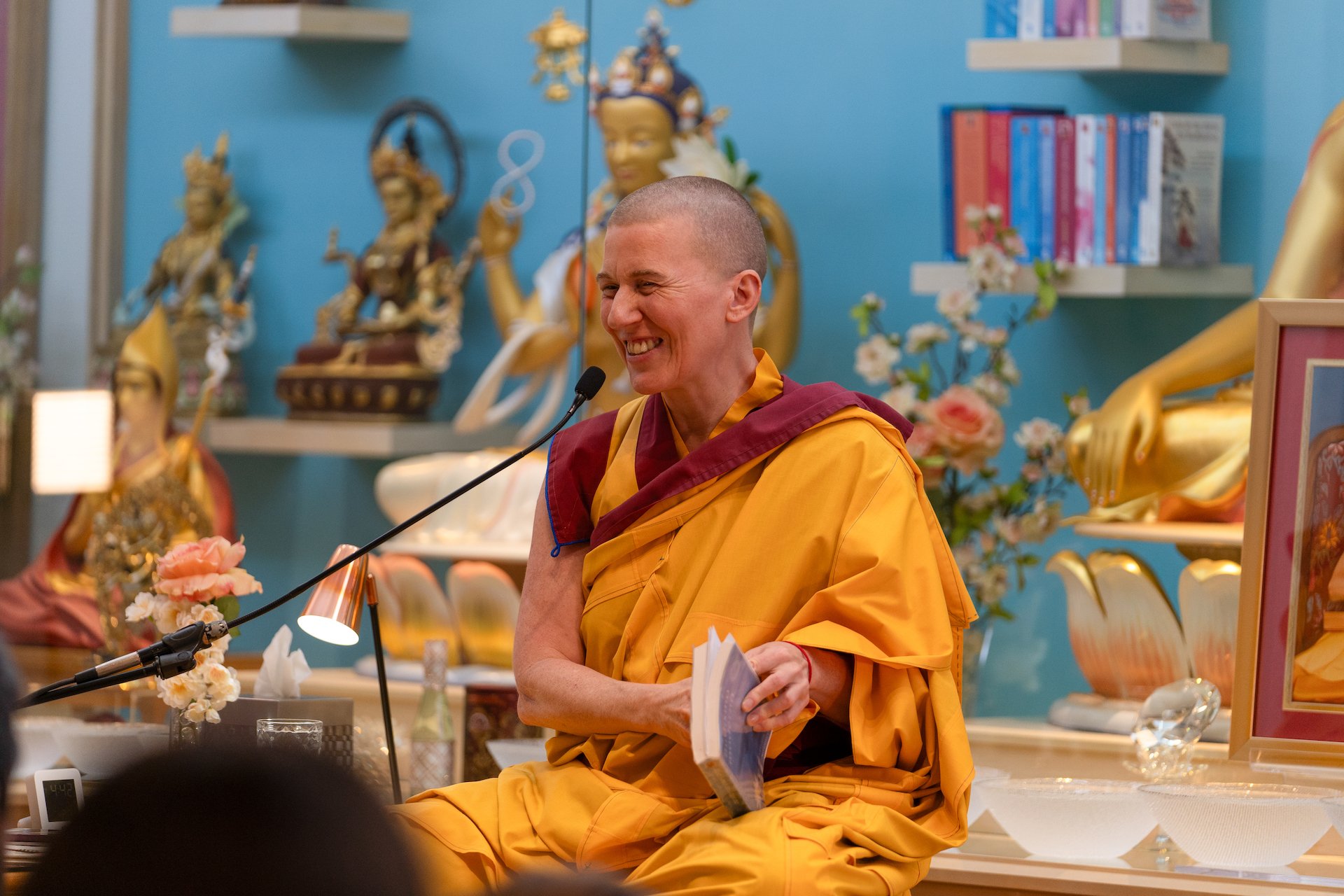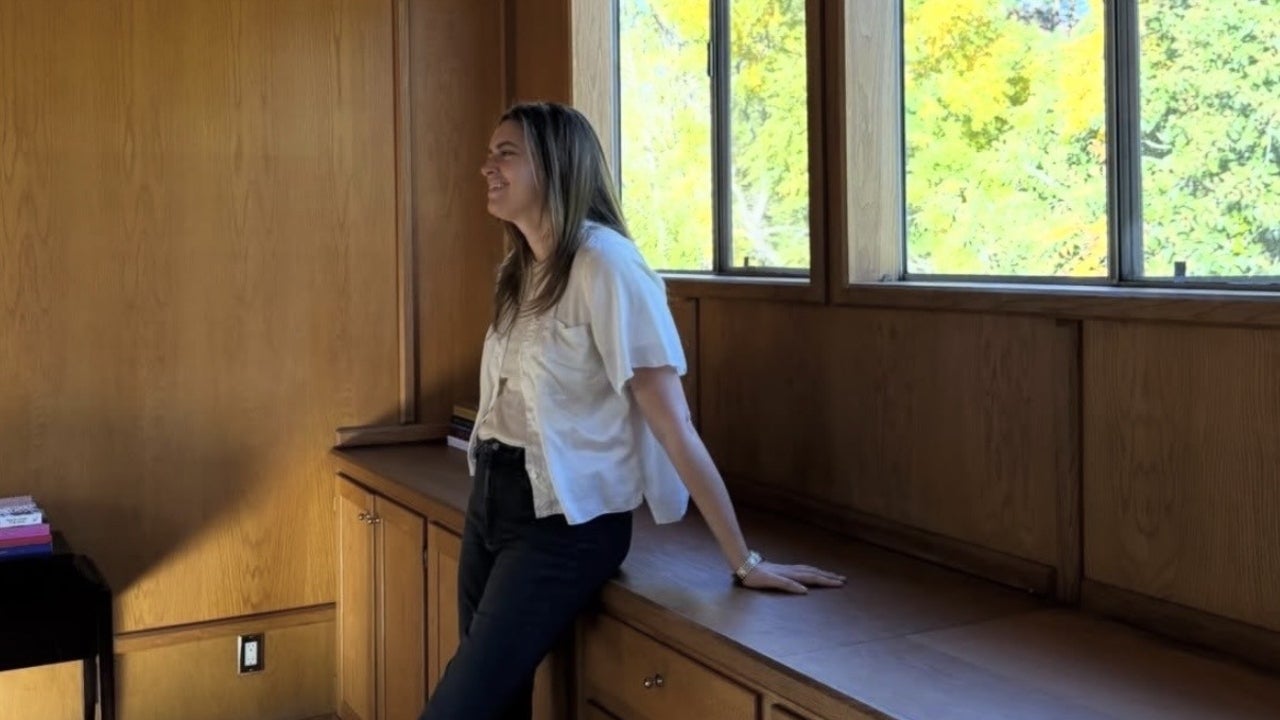The Hidden Costs of Clutter: 11 Things It Steals From You
Most people think clutter just takes up space. But the truth is, it takes far more than that. It takes your time. Your peace. Your focus. Your joy. Clutter isn’t neutral. It doesn’t just sit there quietly in the...


Most people think clutter just takes up space.
But the truth is, it takes far more than that.
It takes your time. Your peace. Your focus. Your joy.
Clutter isn’t neutral. It doesn’t just sit there quietly in the background. It nags. It weighs. It pulls. And eventually, it shapes the way you live.
You may think you’re managing your stuff—but very often, your stuff is managing you.
If you’re feeling overwhelmed—even after trying to get organized—this list may explain why.
Here are 11 things clutter steals from you, whether you realize it or not.
1. Time
Clutter slows you down. You spend extra minutes every day looking for things, tidying up, or walking around what doesn’t belong.
Even when you don’t realize it, clutter steals time you’ll never get back.
2. Money
When you can’t find what you already own, you replace it. When your space stresses you out, you shop for relief. When your identity feels blurred, you buy things that promise clarity.
Clutter isn’t just a storage problem—it’s often a spending problem too.
3. Clarity
Every item in your home is a decision waiting to be made. Too many items? Too many decisions.
Clutter makes it harder to think clearly, focus deeply, or prioritize wisely.
4. Peace
Even if you don’t consciously notice it, clutter creates background noise. It reminds you of what’s undone, what needs sorting, what you’re avoiding.
It’s hard to rest when your space is quietly whispering: “You should be doing something.”
5. Presence
When your home is full of distractions, it’s harder to be fully present—with your work, your people, even yourself.
Instead of enjoying a slow moment, you’re scanning the room, mentally adding things to your list.
Clutter pulls your attention away from the moment you’re in.
6. Energy
Clutter doesn’t just take time—it drains your energy. Visual overload leads to mental fatigue. Your brain can only process so much stimulus before it starts to shut down.
Less on your surfaces means more in your tank.
7. Margin
When every surface, drawer, and closet is full, there’s no room left. That same “fullness” often creeps into your calendar and your commitments.
Clutter doesn’t just fill space—it fills your life to the edges.
8. Self-Trust
Living in clutter can make you feel disorganized, lazy, or behind—even when you’re not.
Eventually, you stop trusting yourself to handle things. But the problem isn’t you—it’s the volume.
When you own less, you regain a sense of agency.
9. Freedom to Grow
Old clothes. Old hobbies. Old roles. We often keep clutter from past versions of ourselves—just in case.
But holding on to who you were makes it harder to become who you’re meant to be.
Letting go creates space to grow.
10. Hospitality
When your home is cluttered, guests feel harder. You tidy in a rush. You apologize for the mess. You feel exposed.
Eventually, clutter doesn’t just keep people out—it keeps you isolated.
11. Your Attention
Every object in your home makes a silent request: to be noticed, cleaned, moved, managed, or justified.
And over time, those silent requests drown out your own thoughts, your own needs, your own inner voice.
Attention is finite. Make sure you’re giving it to what really matters.
Clutter doesn’t just take up space. It takes something from you every single day.
But here’s the good news: every item you release is something you get back. Time. Peace. Clarity. Freedom.
Letting go is hard. But staying overwhelmed is harder.

 Lynk
Lynk 































